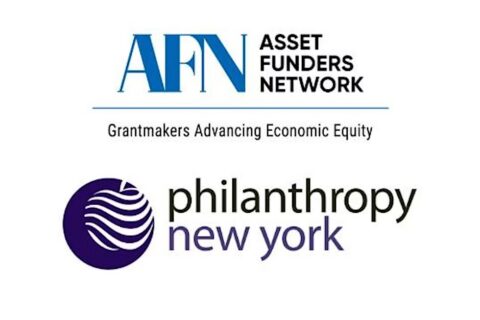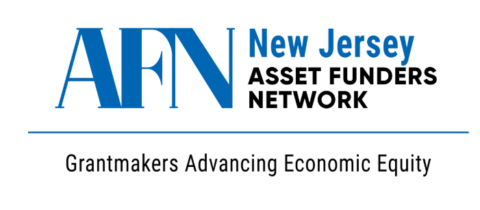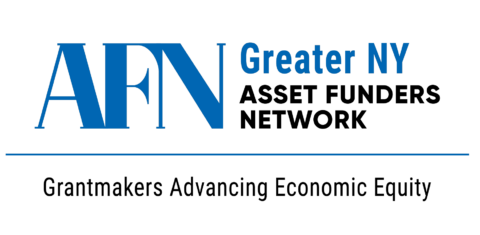Economic Justice Roundtable: Shared Homeownership Models
Homeownership remains the primary wealth-building tool for households of color and/or households with low and moderate incomes despite the deep legacies of racial, class, and gender discrimination associated with the pathway to homeownership. These legacies and exclusionary policies have resulted in persistent and growing homeownership gaps. Despite increases in homeownership rates in 2021, in nearly every state people of color are less likely to own homes. According to the National Association of Realtors the homeownership gap among Black Americans “is nearly 29 percentage points less than White Americans (72.7%), representing the largest Black-White homeownership rate gap in a decade.” National homeownership gaps tend to be largest in states in the Northeast and Midwest. For example, Connecticut ranks among the highest states with a homeownership rate gap of 35.8%. Rising house prices, limited affordable housing stock, lagging incomes, more expensive and inflexible financing, and structural racism and sexism means target populations, women, people of color, and people with low incomes miss out on homeownership as a wealth building for themselves and future generations.
Non-traditional pathways, including shared ownership models, are emerging to help fill the gap including: Community land trusts, Land Banks, resale/deed-restricted homes, limited-equity housing cooperatives, and resident-owned manufactured housing communities/resident-owned communities (ROCs). Focused on long-term affordability, the models seek to build wealth and stability for people with limited incomes and who are otherwise unable to attain homeownership and its benefits. Common elements across these models are resale restrictions that support lasting affordability, sharing in the risks and rewards of homeownership, ongoing stewardship of land, and democratic decision-making supporting community control. In addition to the benefits of economic security and mobility for households, the models help ensure that communities remain vibrant, inclusive, and equitable, and affordable homeownership investments are maximized.
Please join Asset Funders Network on July 11, 2023 for our next Economic Justice Roundtable: Shared Homeownership Models. Stemming directly from our May 2nd conversation and your feedback, we will explore how philanthropy can support and expand nontraditional homeownership models. Together we will explore:
- What models are proven and effective at offering shared ownership as an on-ramp to stable homeownership? What community criteria must be in place for these models to thrive?
- What are the perceived risks and benefits of shared ownership for communities? For funders?
- What strategies build local capacity to land and deploy federal funds in line with community priorities?
- What models of philanthropy are helping to make shared ownership for a reality for affordable housing? What does it look like? How is it managed? How do they perform?
This virtual meeting will include speakers to help “level-set” but will primarily be discussion based. This meeting is invite only. For information on membership and the program please reach out to Jessenia Florez at jessenia@assetfunders.org.



